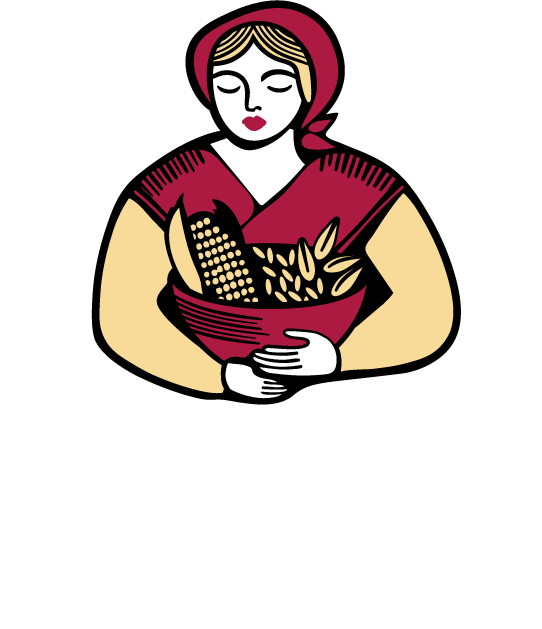WHAT IT MEANS FOR US TO ENSURE GLUTEN-FREE AND ALLERGEN-FREE PRODUCTION

WHAT ARE THE TOP 14 ALLERGENS?
The European regulation identified the 14 major food allergens
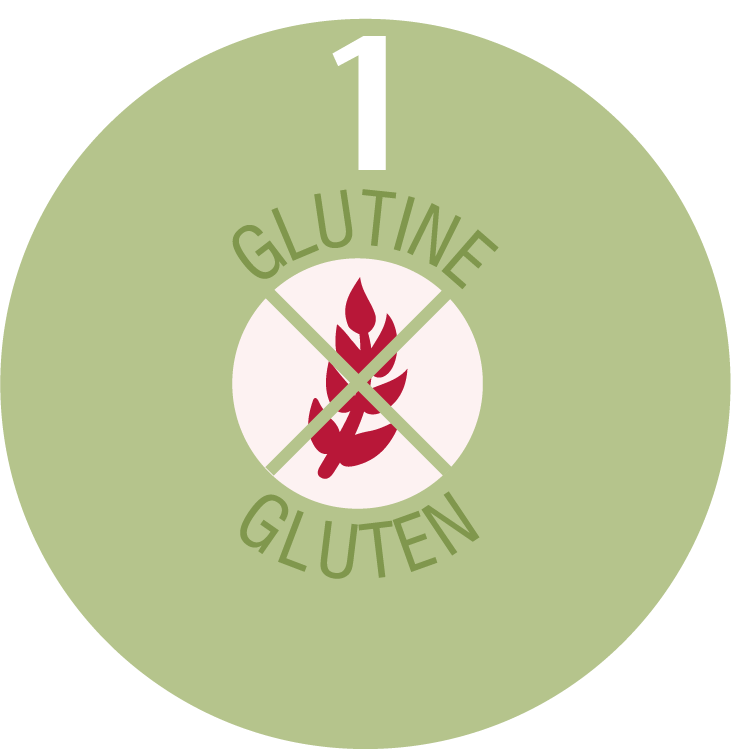
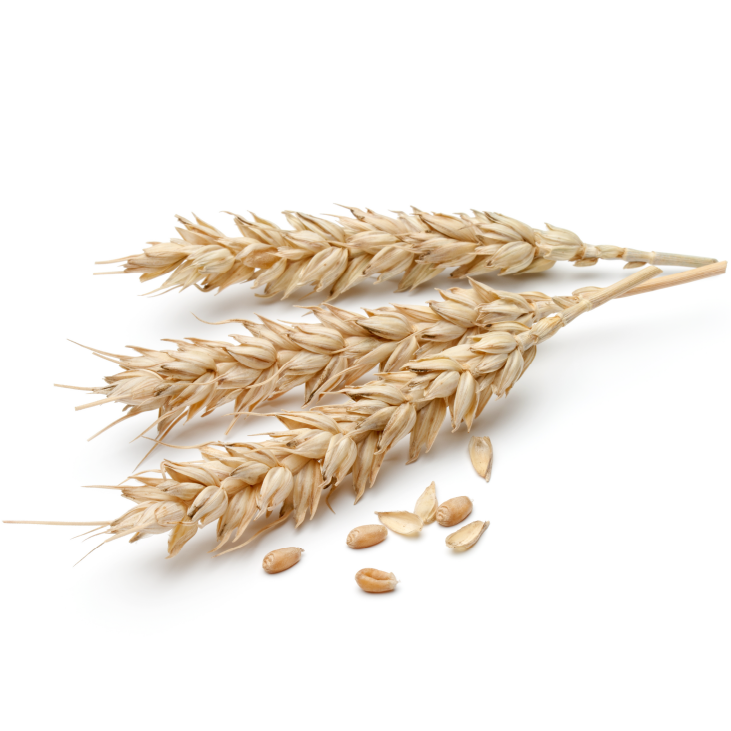
Wheat, rye,
barley, spelt,
kamut, including
hybridized and derivatives
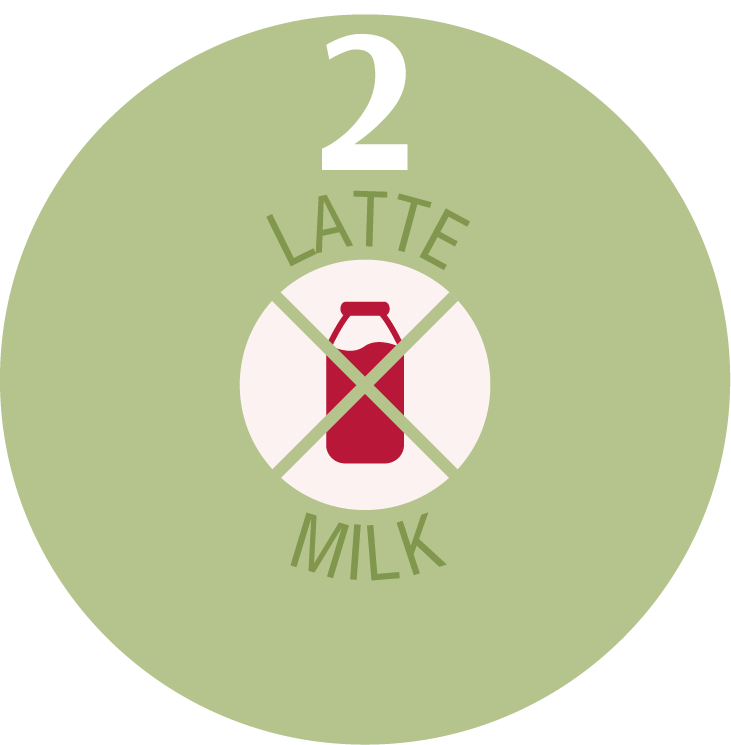
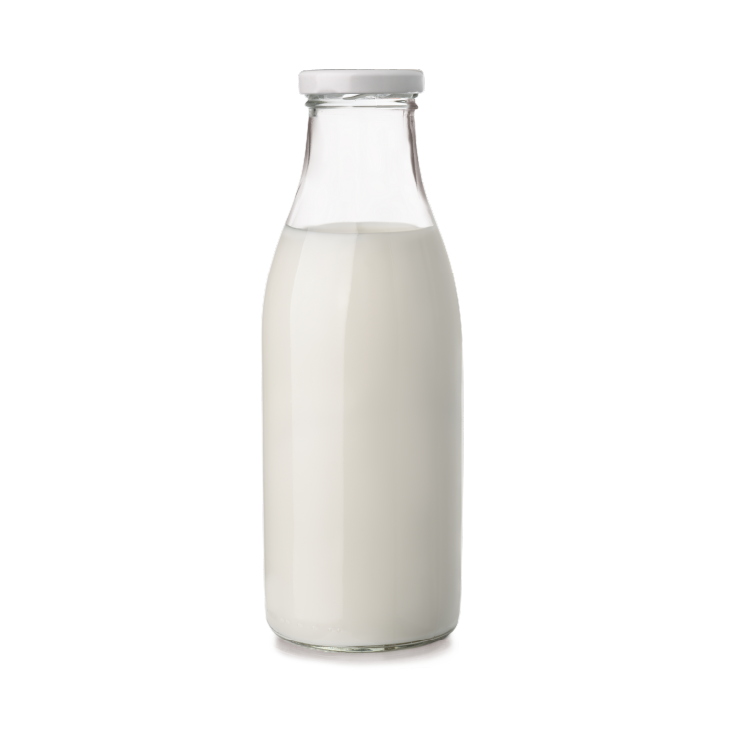
Lactose and caseins, yogurt, cookies, cakes, ice cream and various creams. Any product in which milk is used
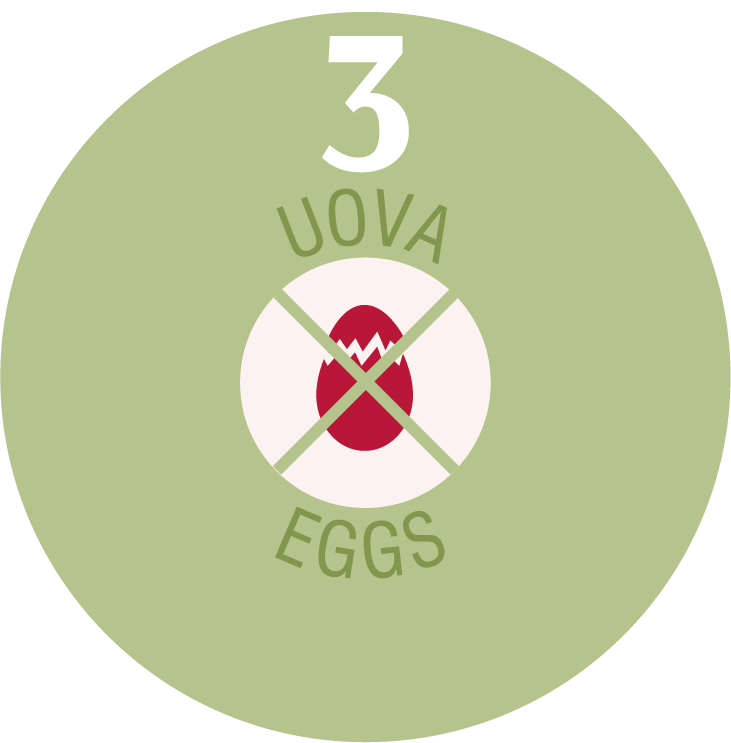
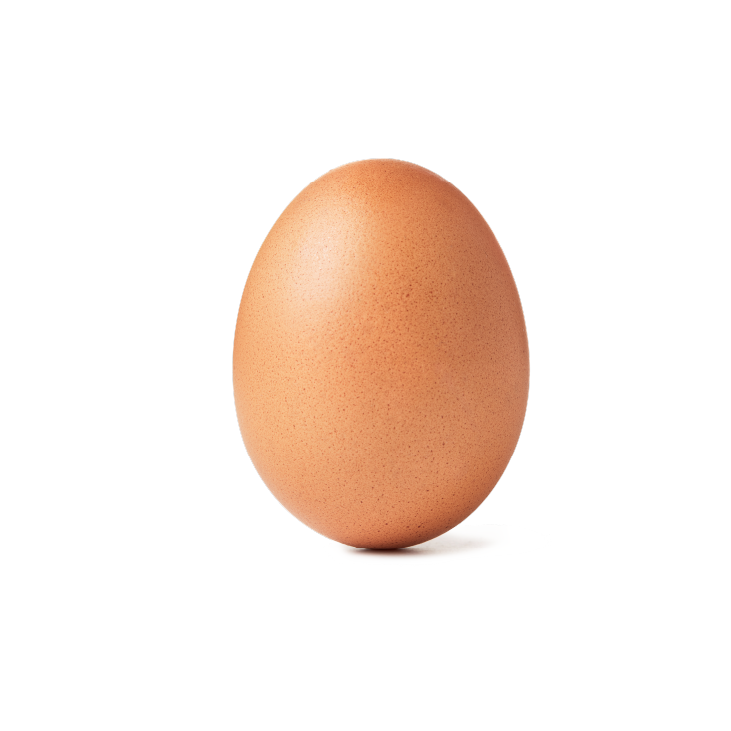
Mayonnaise, omelette, emulsifiers, egg pasta, cookies and cakes including savory ones, ice cream, etc.
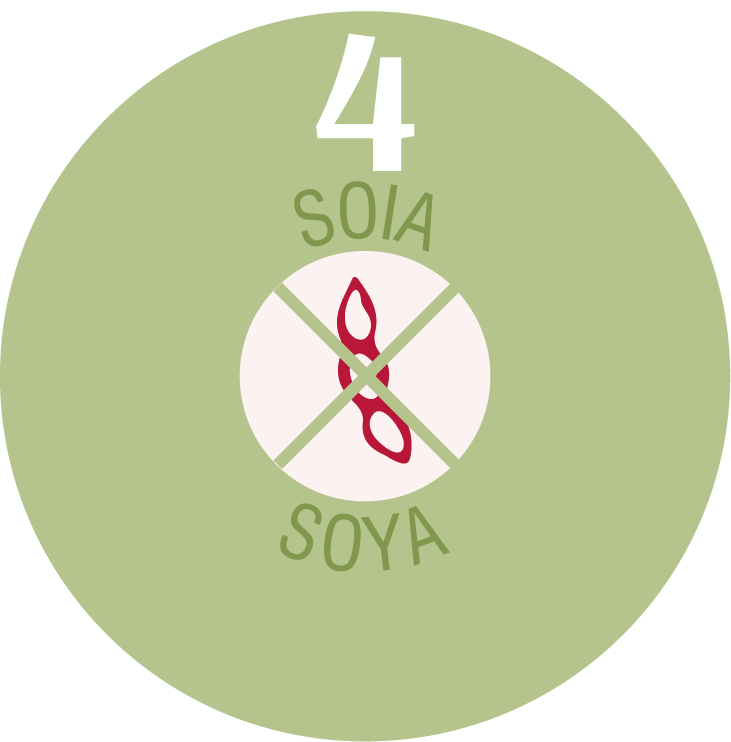
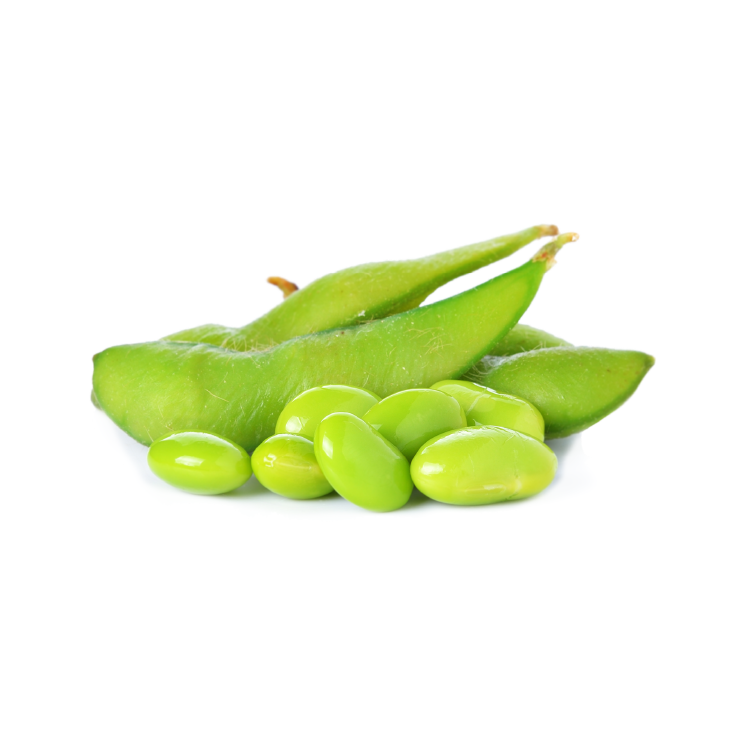
Milk, tofu, noodles, etc.
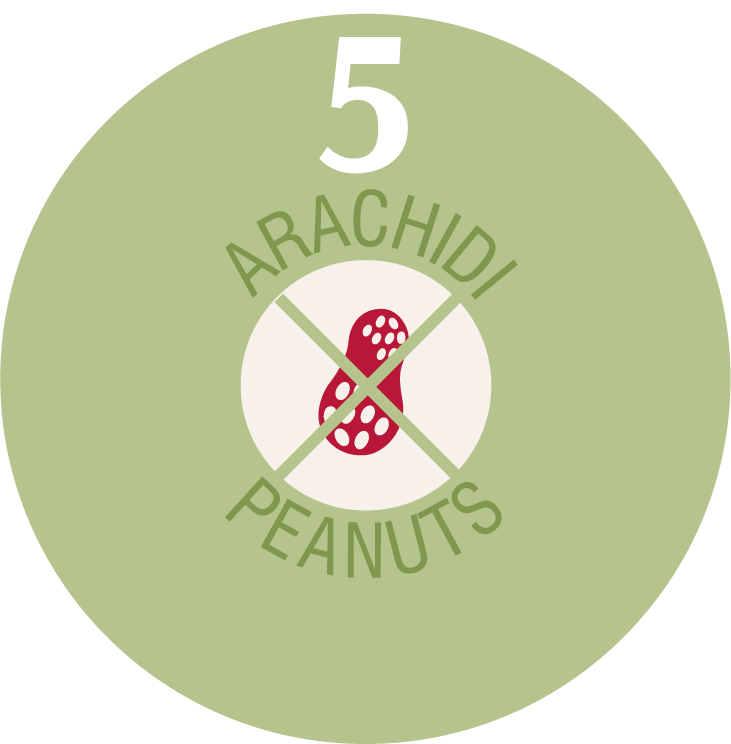
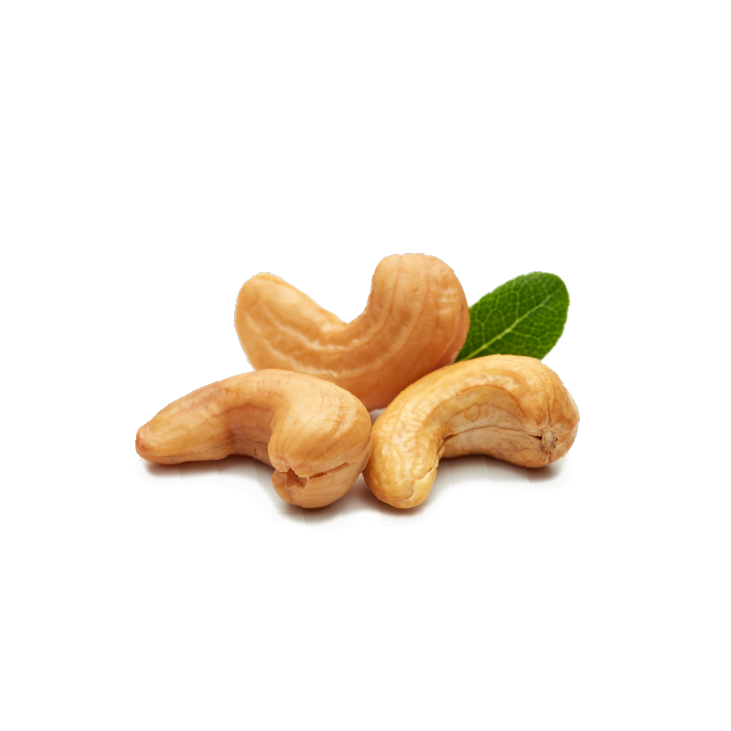
Roasted peanuts, peanut oil, peanut butter, peanut flour, packaged snacks, creams and condiments in which there is even in small doses
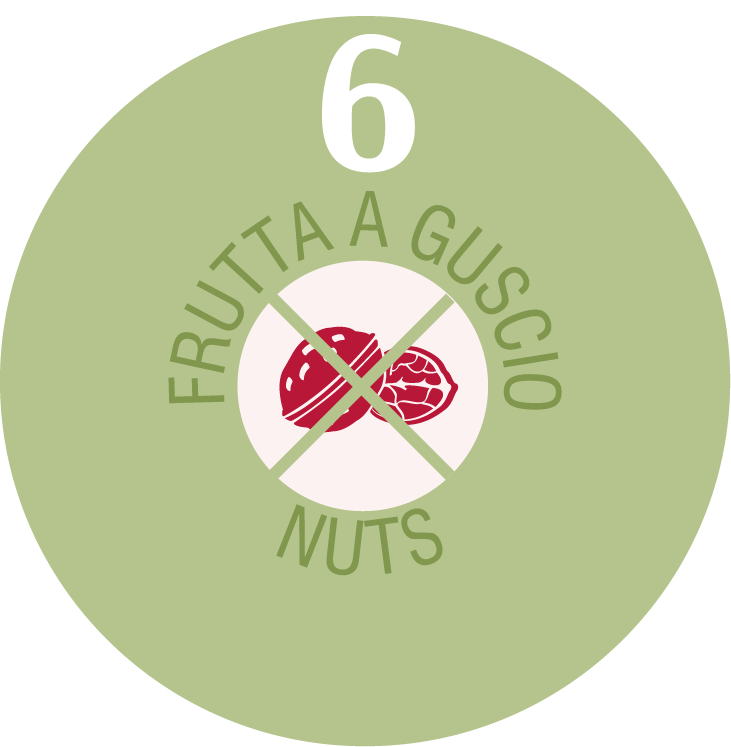
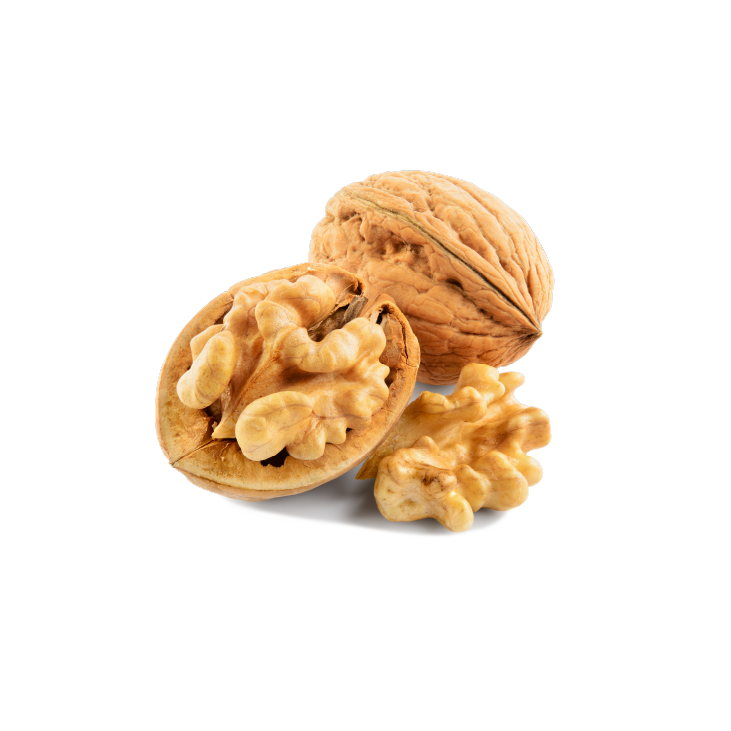
Almonds, hazelnuts, common walnuts, cashew nuts, pecans and Brazil and Queensland nuts, pistachios
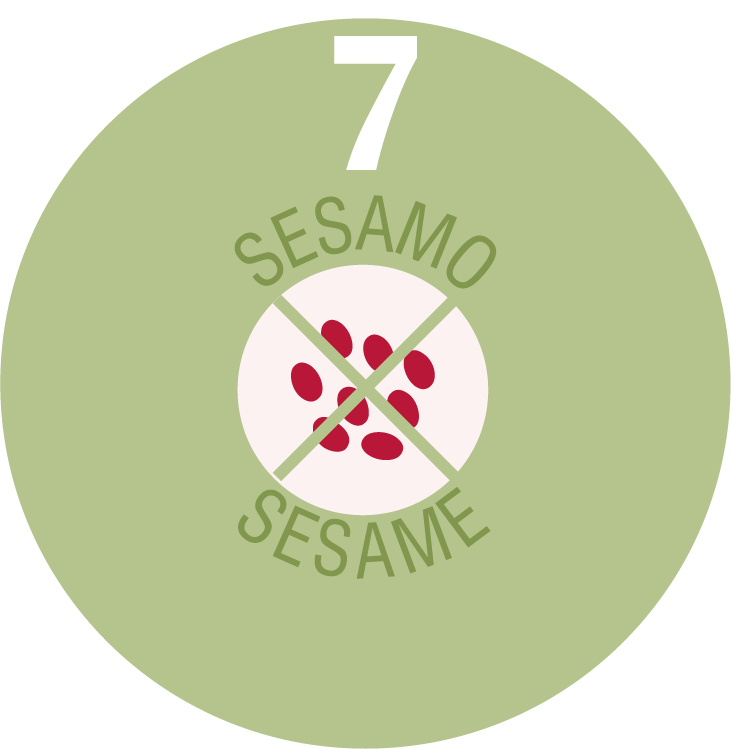
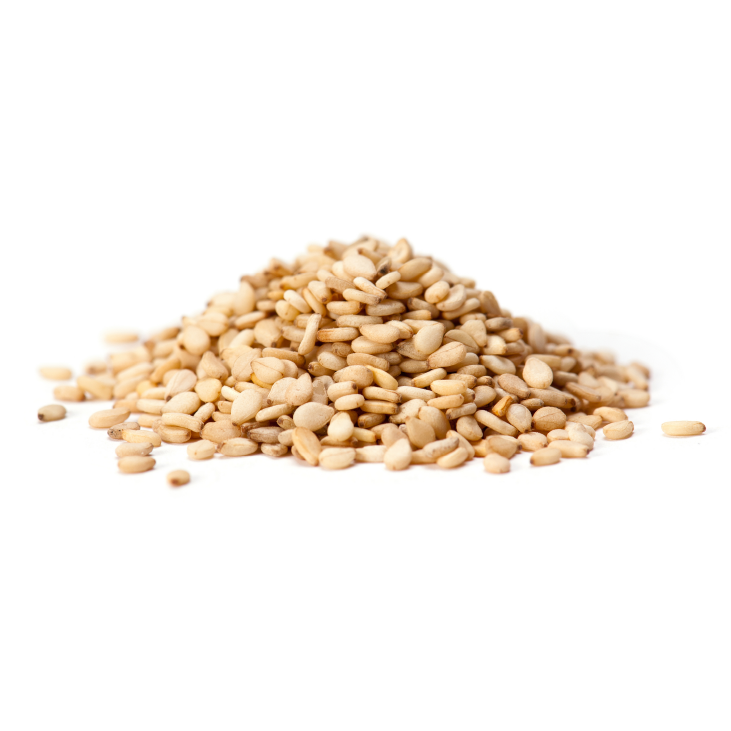
Sesame seeds, sesame flour, sesame paste, sesame oil, sesame butter
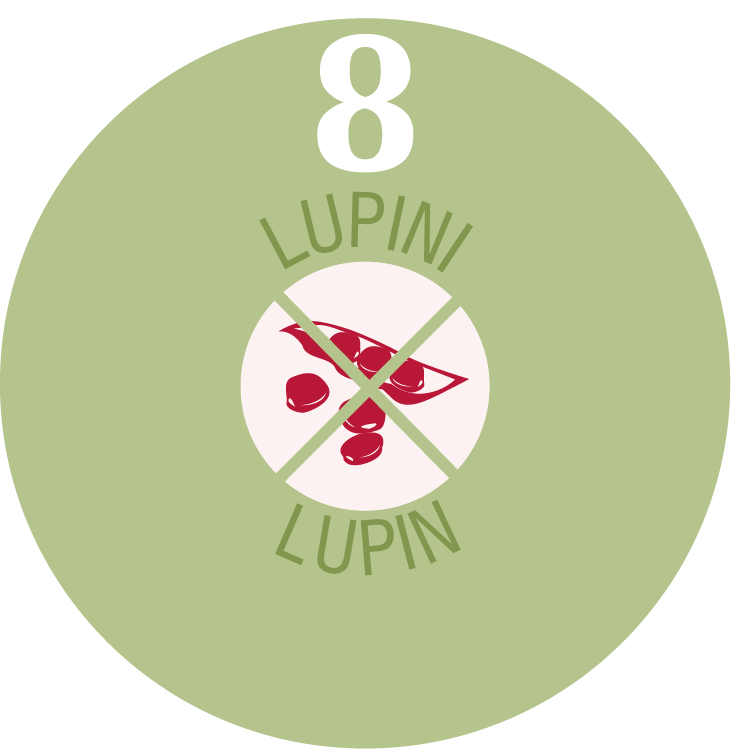
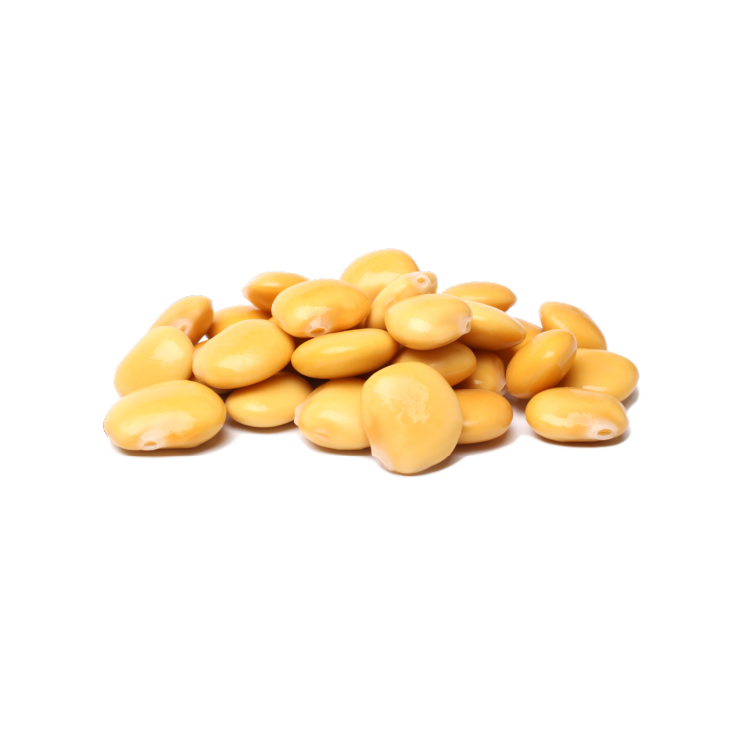
Lupin flour, lupin protein, lupin concentrate, lupin isolation, alfalfa sprouts. Present in many vegan foods, in the form of roasts, sausages, flours and the like that have this protein-rich legume as their base
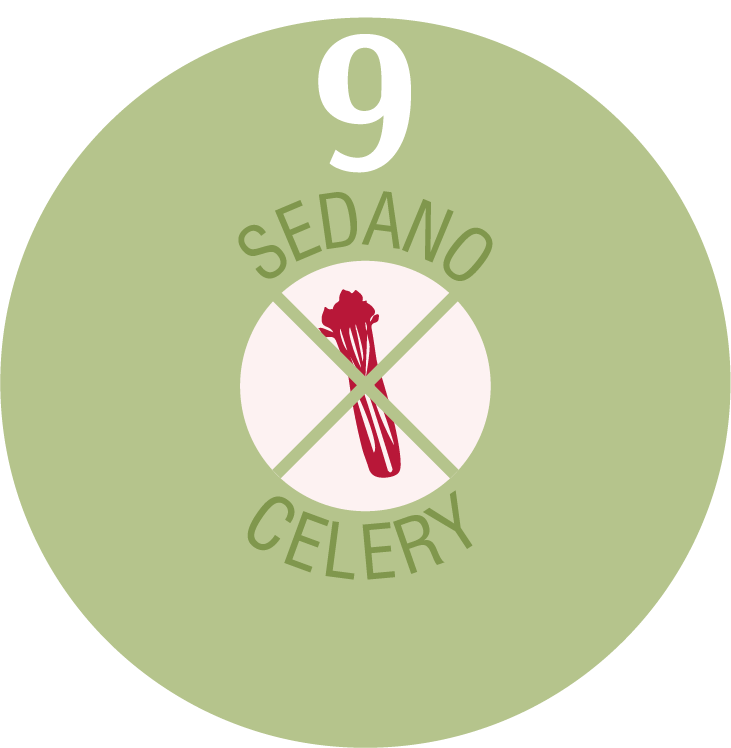
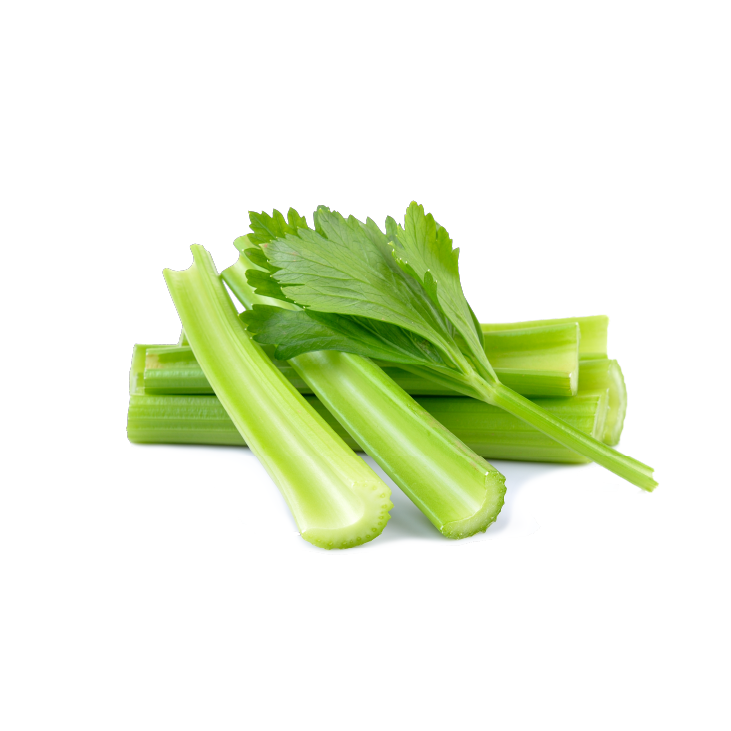
Celery from ribs or stalks, celery, celery sediment, celery, celery leaves, celery juice, celery powder. present in pieces but also within soup preparations, sauces and vegetable concentrates
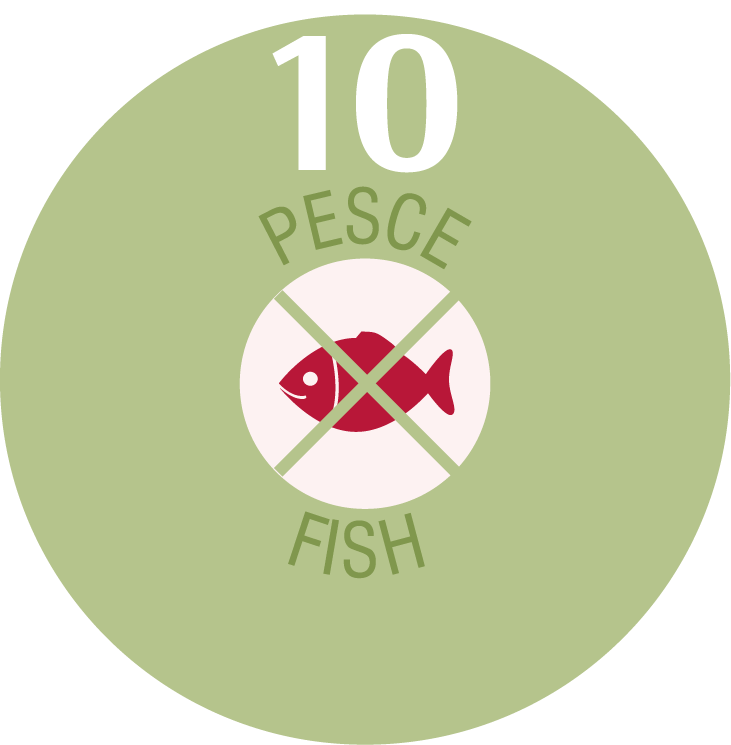
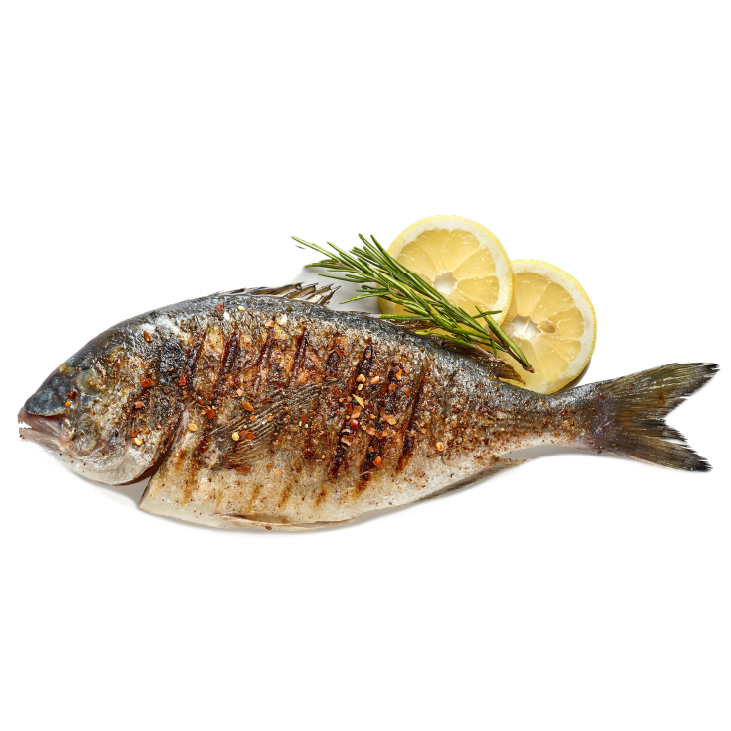
Wheat, rye,
barley, spelt,
kamut, including
hybridized and derivatives
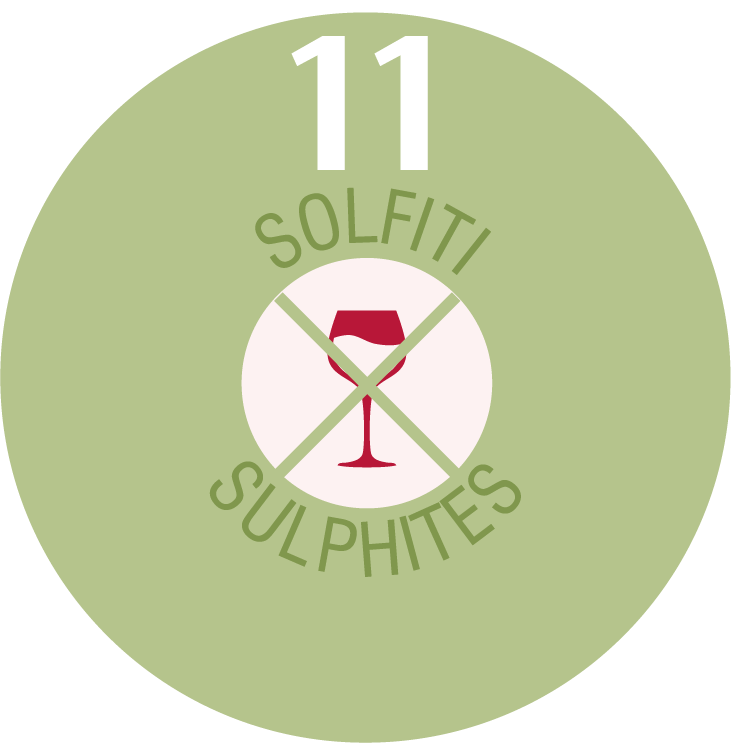
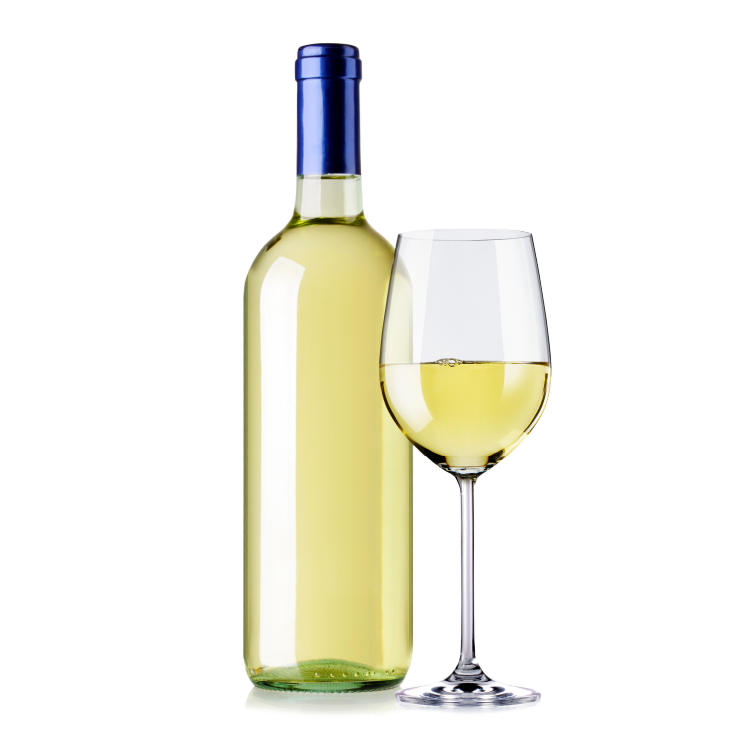
As a preservative in canned seafood, pickled, oil and pickled foods, in jams, vinegar, dried mushrooms, and in soft drinks and juices
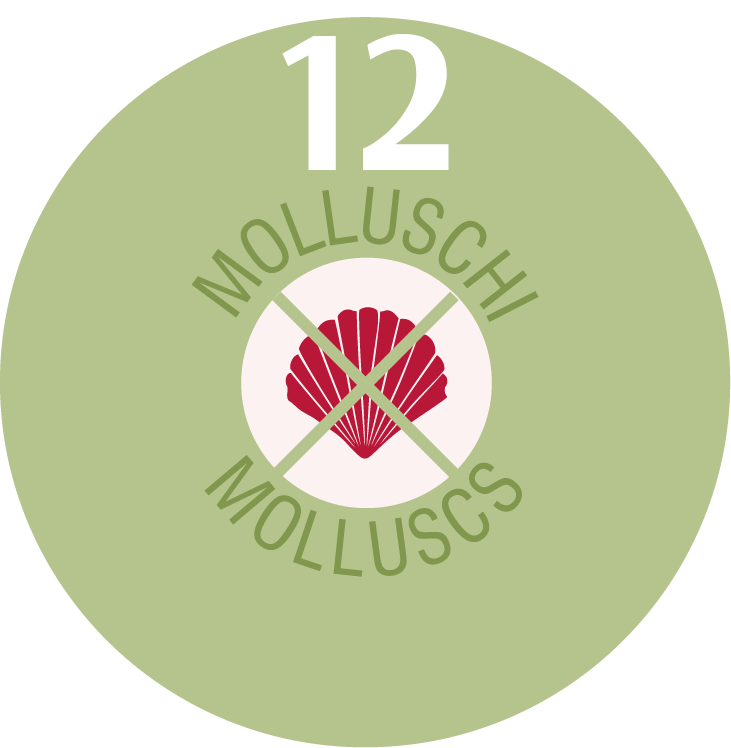
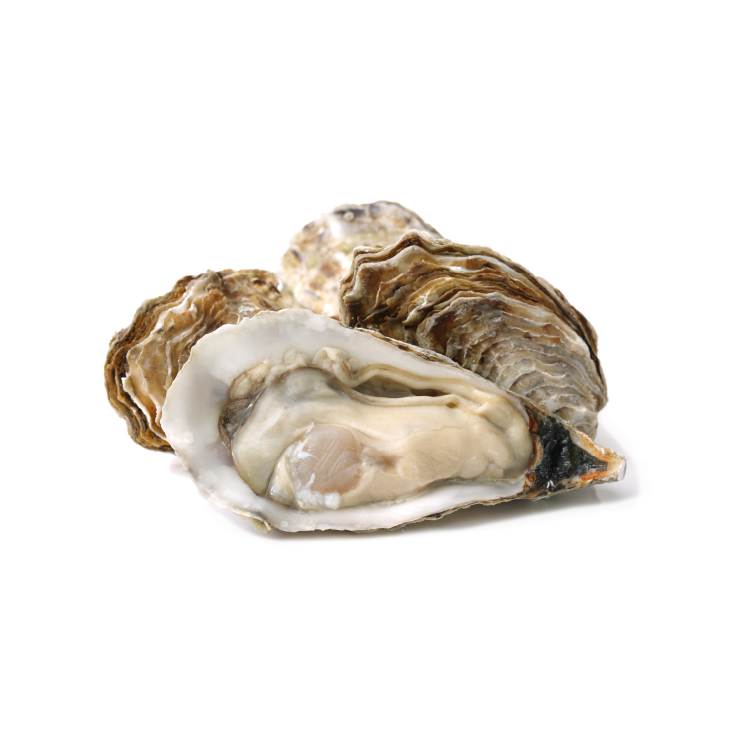
Oyster, limpet, tellina
and canestrello clam, cannolicchio, scallop, heart, date fish, snail, mussel, murice, etc.
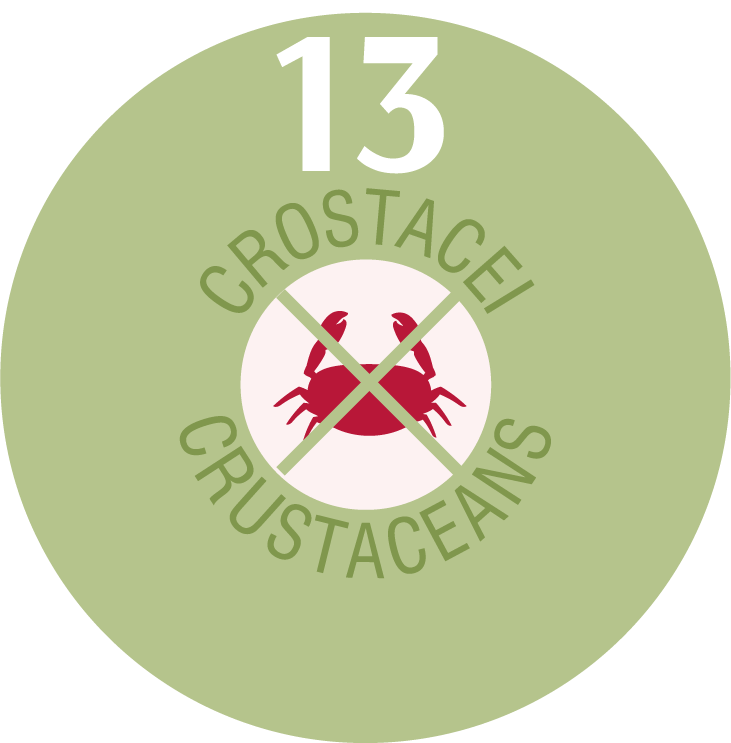
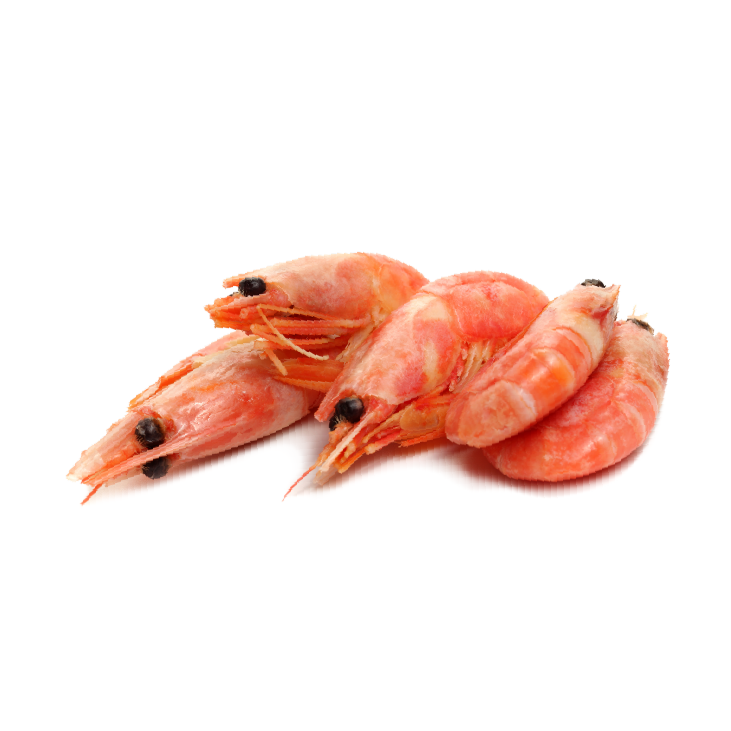
Shrimps, prawns, lobsters, scampi, crabs
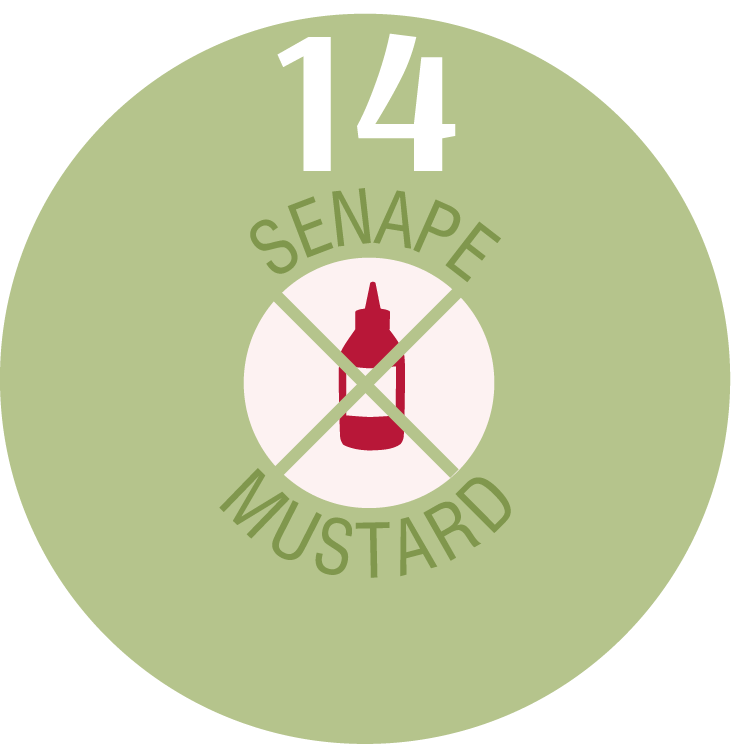
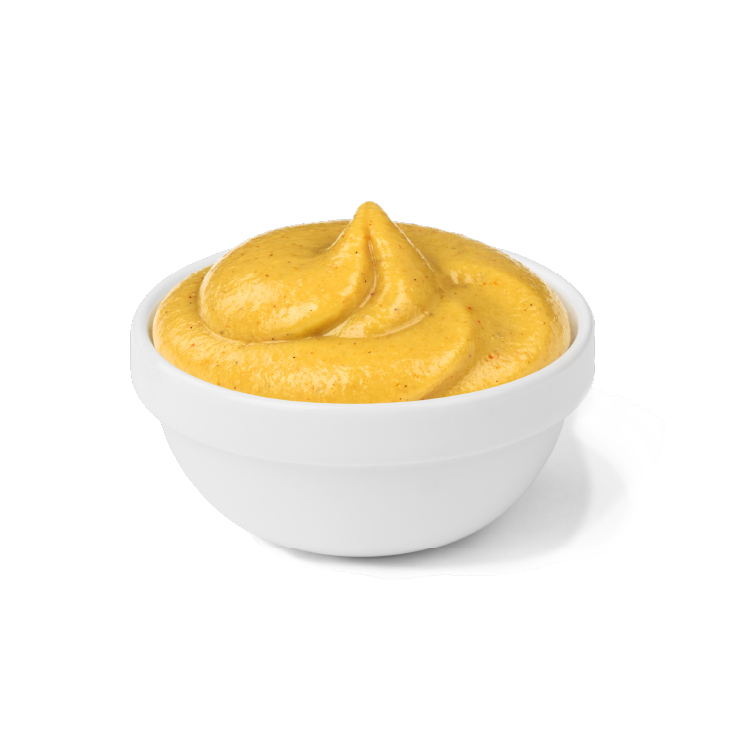
Mustard can be found in sauces and condiments
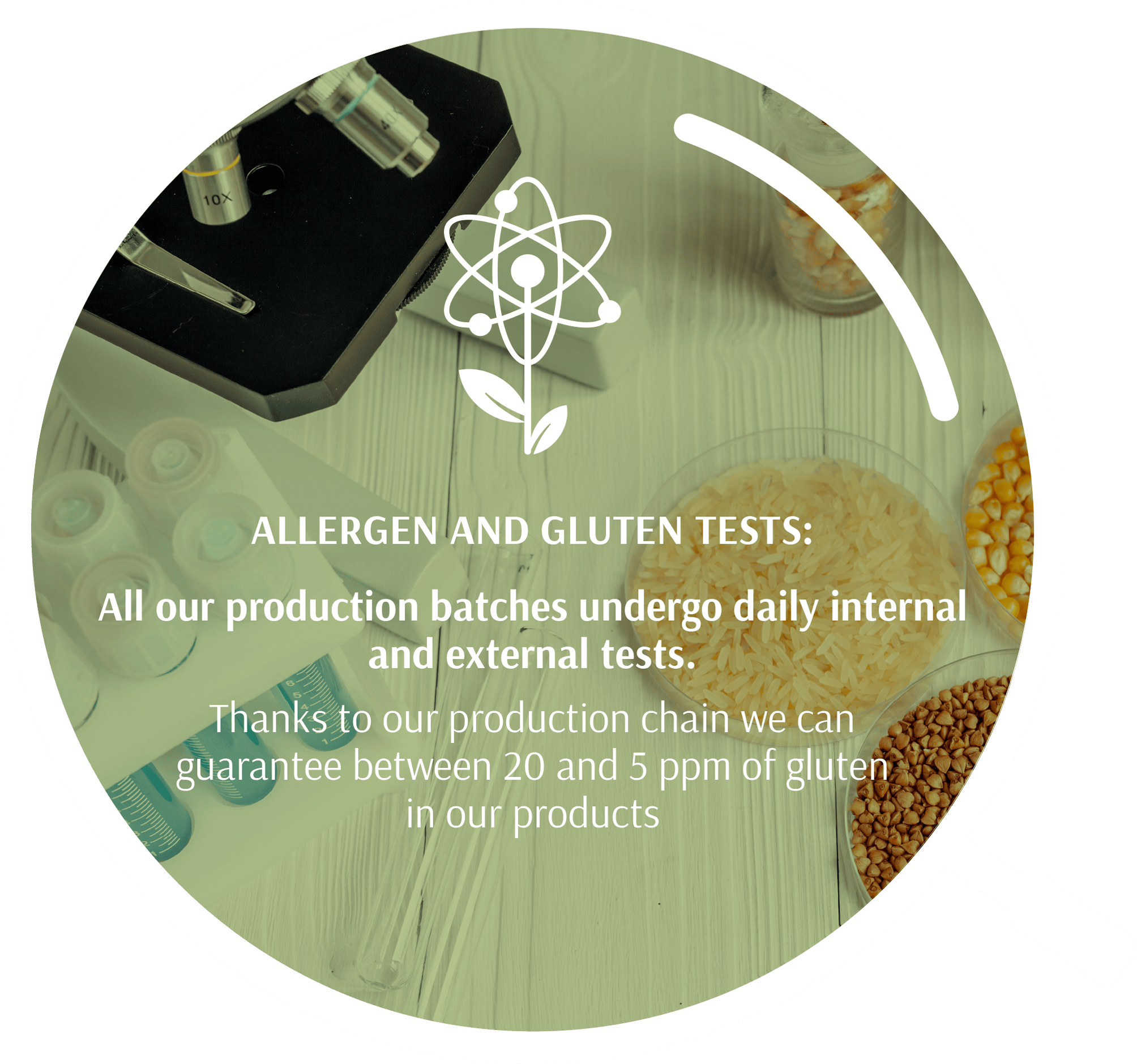

DEDICATED FACTORIES
We have invested in 3 productionplants that enable us to produce conventional, gluten-free and products without the main 14 allergens. Dedicated factories and supply chain management allow us to avoid the risks of cross-contamination
CONTROLLED SUPPLY CHAIN TO AVOID CROSSCONTAMINATION
The direct and controlled supply chain from field to table allows us
to ensure the absence of cross-contamination



NUMERI DI ALLERGIE E INTOLLERANZE ALIMENTARI NEL MONDO
+ 50 % FOOD ALLERGIES
in the LAST 10 YEARS

– 50% Milk (Italy)
– 1% Gluten (world population)
– 35% Nuts & Peanuts (USA)
